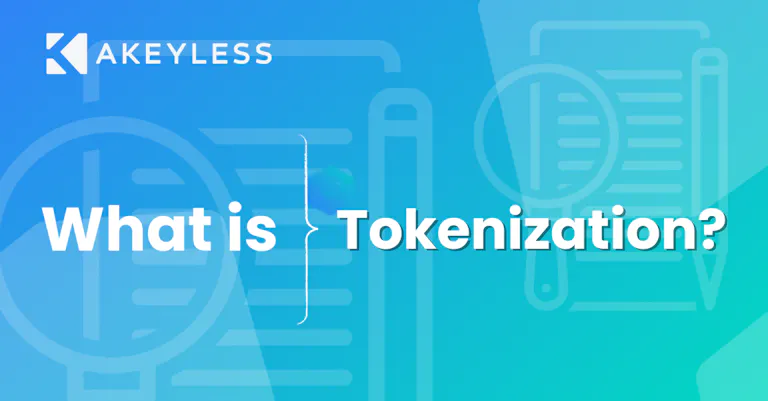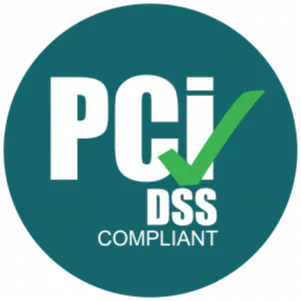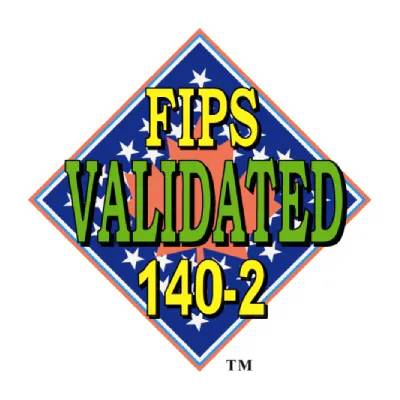Posted by Anne-Marie Avalon
April 2, 2024
Tokenization is a security technique that involves substituting sensitive data elements with non-sensitive equivalents, referred to as tokens, that have no extrinsic or exploitable meaning or value. The process effectively masks the original data, while the tokens maintain essential information necessary for business operations without risking the original data’s security. This technique is widely used to protect sensitive information such as financial details, personal identifiers, and other confidential data.
Importance and Benefits of Tokenization
Cybersecurity Implications
Understanding tokenization is crucial for cybersecurity as it significantly reduces the potential impact of data breaches. By ensuring that sensitive data, such as credit card numbers or personal identification information, is not stored in its original form, tokenization minimizes the risk of compromising sensitive information.
Compliance and Data Protection
Tokenization helps organizations comply with regulations such as the Payment Card Industry Data Security Standard (PCI DSS), the General Data Protection Regulation (GDPR), and other data protection laws. It aids in securing data in transit and at rest, providing a robust method for protecting customer and organizational data against unauthorized access.
Efficiency and Flexibility
Implementing tokenization can streamline business processes by allowing safe data handling and sharing without the need for cumbersome encryption and decryption processes. It offers a balance between security and accessibility, making it easier for businesses to operate efficiently while maintaining data integrity.
Practical Applications
Tokenization for Payment Processing
Secures payment information by replacing card details with tokens in e-commerce and online transactions. This process protects cardholder data across transaction channels and within payment systems.
Tokenization for Healthcare Data Management
Secures patient records and sensitive healthcare information, enabling secure sharing among authorized healthcare providers without exposing actual data, thus protecting patient confidentiality.
Tokenization for Cloud Computing
In cloud environments, tokenization secures sensitive data stored across multiple cloud services. It enables secure data processing and storage while complying with privacy regulations.
The Akeyless Platform
Akeyless provides advanced data protection solutions that include tokenization services. By leveraging the Akeyless Vaultless Platform, organizations can implement tokenization to secure their sensitive data effectively. Akeyless’s approach to tokenization is designed to seamlessly integrate with existing systems, providing a layer of security that does not disrupt business processes.
Akeyless distinguishes itself through its comprehensive, scalable, and flexible security solutions. Unlike traditional methods that may require significant resources for implementation and management, Akeyless’s tokenization services are easily integrated and managed within the Akeyless platform, providing a unified solution for secrets management, data protection, and access control.
Conclusion
Safeguarding sensitive data has never been more crucial. Tokenization enhances data security and compliance significantly. It’s vital in a comprehensive cybersecurity strategy. The Akeyless Vaultless Platform leads in this technology. It offers robust, scalable, easy-to-integrate tokenization solutions. Akeyless allows organizations to protect sensitive data. They ensure regulatory compliance and maintain customer and partner trust.
Take the next step in securing your data by exploring Akeyless’s tokenization capabilities. Get a demo today!















